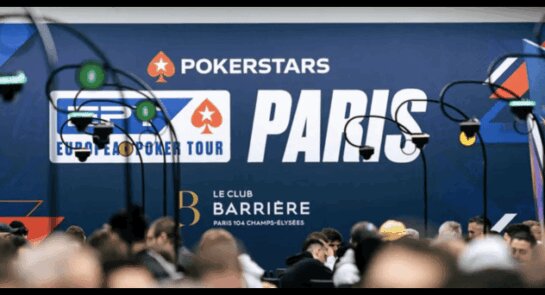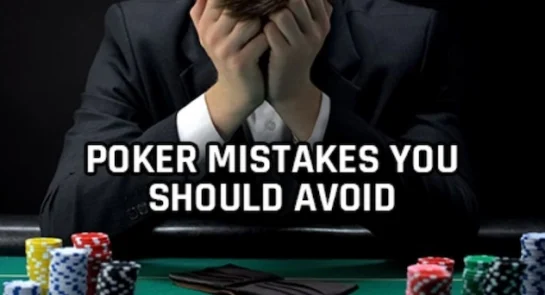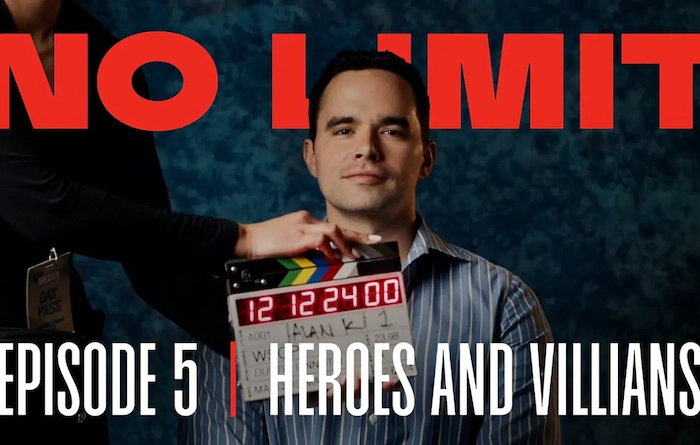
In the latest episode of NO LIMIT, a poker documentary produced by the World Series of Poker around the 2024 WSOP Paradise), the high-stakes cash-game reg offered a blunt assessment of tournament poker that has reignited a long-standing debate within the poker community.
Keating couldn’t have been any straightforward when he said:
“Tournaments are more like checkers to me… I don’t think tournament poker is the most pure form of poker. Wait…I did just sugarcoat it.
“I don’t think tournament poker is poker. It’s horrible, it’s a lottery. For me, poker at its purest is playing for irresponsible sums of money.”
So, is he right? Well, tournament players have traditionally been looked down on as a poor relation to their cash game peers.
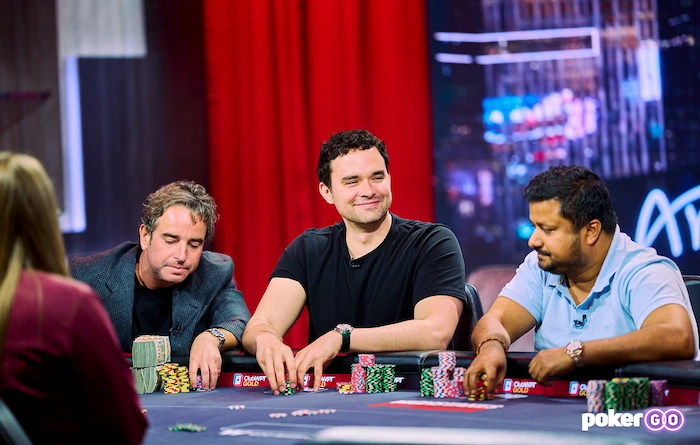
Cash games are more sophisticated than tournaments was the mantra we used to hear all the time. But in recent years that opinion has evolved.
The reasoning behind this claim that tournament strategy is more crude than deepstacked cash games is down to the ever shrinking stacks removing much of the freedom to implement strategy.
Simply put, push/fold poker isn’t that sophisticated and compared to a 250 big blind deep clash in a three-bet pot it’s a laughable game.
Keating said the deeper stacks force difficult decisions over multiple streets allowing for maximal exploitation of opponents, but this doesn’t tell the whole story and people are now queuing up on social media to explain why tournament players deserve every bit of respect they get.
Don’t make me laugh bro… comical pic.twitter.com/Rq39xnkHfs
— NICKY P 🧙👨🍳 (@Nick_Palma1010) November 18, 2025
Nicky P Fire Shots at Alan Keating
WSOP bracelet winner and tournament pro Nicholas “Nicky P” Palma responded sharply on X shortly after the episode aired:
“Tournaments, you have to play the best to be the best and you can’t table select. The cash games he plays, a player with even half a brain isn’t allowed to play because the people are all whales.
“This guy can only beat a whale. Anyone with half decent poker knowledge destroys this guy in poker. He’d be living on the street if he needed to win money in poker and play versus good players.
“He gets in games you can’t even play because he’s such a fish. It’s comical hearing a clown like this on a poker documentary about tournaments talk like this.”
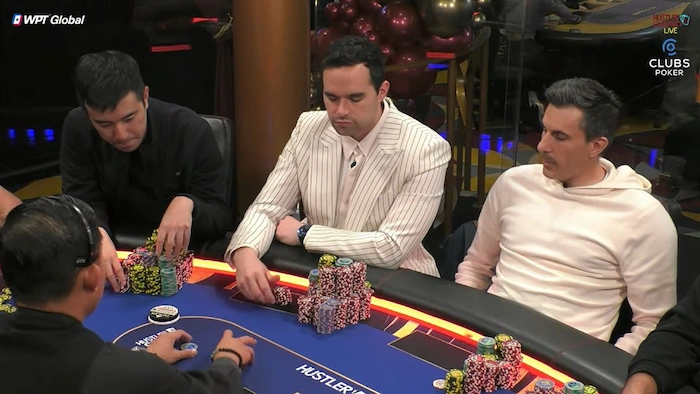
Tough-talking Palma’s argument is that large-field tournaments force participants to navigate a diverse range of skilled opponents without the ability to select tables or reload indefinitely.
He says these conditions offer a more rigorous test of overall poker ability than many private or streamed high-stakes cash games, which often feature recreational players with substantial financial resources but limited technical proficiency.
Tournament specialists will tell you that adapting to rapidly changing stack depths, ICM considerations, payout structure, and a field that includes strong players represents a broader and often more demanding skill set.
Both formats have produced undeniable elite talent, and the modern greats have demonstrated proficiency in each.
Nevertheless, Keating’s comments which were delivered from the perspective of a deep-pocketed recreational player and Palma’s pointed rebuttal from a tournament grinder underscore the differing environments that show the two disciplines to be equally deserving of respect.















